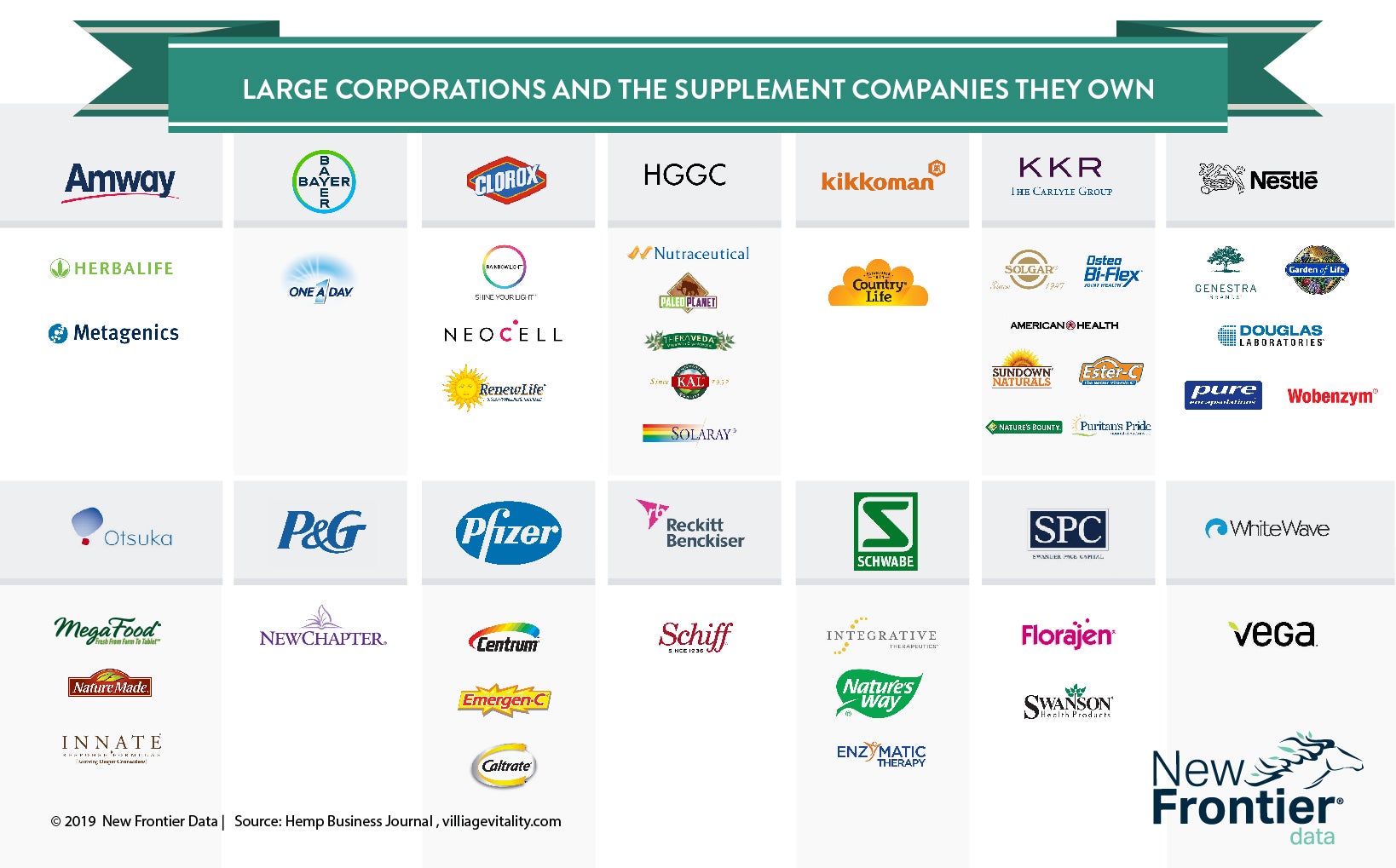Earlier this month, the cannabidiol (CBD) brand Palmetto Harmony became the first to gain certified organic status from the U.S. Department of Agriculture (USDA) for hemp flower and selectively bred seed. The official designation was made possible due to passage of the 2018 Farm Bill, which legalized hemp and hemp-derived products such as CBD.
“This is one of the most important certifications that we could obtain,” said Janel Ralph, the CEO of Palmetto Harmony. “Many of the people that purchase CBD products are usually medically fragile, which is why it is very important for these people to have a level of security to know that there are no chemicals that could harm them going into their products.”
Obtaining organic status is one of the most challenging certifications to obtain from the USDA. For example, organically grown crops must be cultivated in soil free of synthetic chemicals (such as pesticides) for at least three years. Farmers are also required to list and account for every item used in the cultivation process, including tools, containers, and even the type of labels they use.
According to the USDA, organic certified product sales totaled $7.28 billion in 2017, up 133% in five years (from $3,12 billion in 2012). Overall, the Organic Trade Association reported that U.S. consumers spent nearly $50 billion on organic products in 2017, with organic food sales accounting for 5.5% of total retail food sales.

Not only is the organic certification process arduous, but also lengthy. According to Ralph, it took five months for her company, with three employees dedicated to it full-time, to gain its certification.
“I think people have a misunderstanding of what USDA organic certification really means. It is truly a grueling process,” added Ralph.
Though Palmetto Harmony is the first CBD brand to obtain organic certification for hemp flower, it is not the first hemp or CBD company to gain organic status. Under the 2014 Farm Bill, hemp companies were permitted to seek organic certification, but only for certain parts of the plant, such as the stalk or non-viable seeds. Hemp flower and viable seeds were excluded from USDA organic certification or accreditation.
Consequently, some hemp brands have been able to claim products made with certified organic ingredients, while the product itself is technically not organic. The technicality was why there had not previously been any genuinely certified organic CBD products before Palmetto Harmony’s.
Looking forward, Ralph sees a future where more hemp companies start seeking USDA organic certification as a means of distinguishing themselves. She also predicts that in the next few months the USDA will revise its rules to allow hemp cultivators to earn Good Agricultural Practices (GAP) certification, and that organizations like NSF International will eventually offer certification to hemp and CBD producers.
Now that the USDA is issuing organic certifications to hemp companies, it calls into question the need for industry-based certification programs like the U.S. Hemp Authority (USHA)’s Certification Program.
In its current iteration, the USHA certification program lacks many of the rigors present in the USDA’s organic certification program. For example, the USHA program does not distinguish between U.S. grown and imported hemp, nor does it differentiate between natural and synthetic CBD.
The USHA is currently working on a second version of the program, and pledges to “take into account input from farmers and certified companies to further improve the certification.”
Image sourced from Pixabay
© 2025 Benzinga.com. Benzinga does not provide investment advice. All rights reserved.
Trade confidently with insights and alerts from analyst ratings, free reports and breaking news that affects the stocks you care about.
Cannabis is evolving – don’t get left behind!
Curious about what’s next for the industry and how to leverage California’s unique market?
Join top executives, policymakers, and investors at the Benzinga Cannabis Market Spotlight in Anaheim, CA, at the House of Blues on November 12. Dive deep into the latest strategies, investment trends, and brand insights that are shaping the future of cannabis!
Get your tickets now to secure your spot and avoid last-minute price hikes.